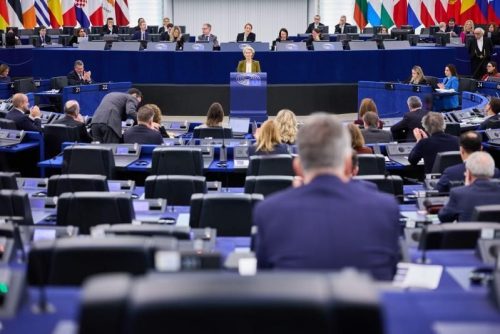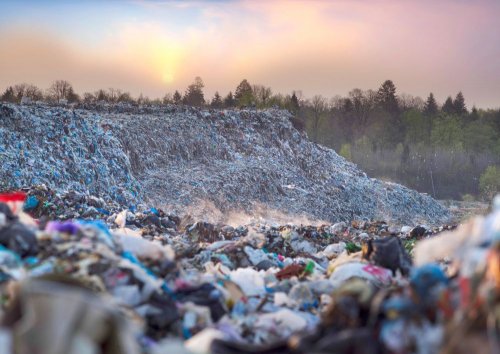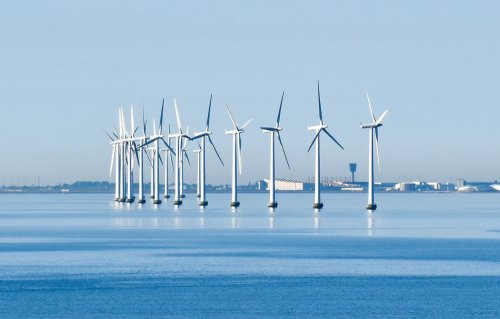The European Commission has published the first list of countries classified by the level of deforestation risk under the European REDD Regulation.
The list is published on the website of this central executive body of the EU.
This classification within the EUDR benchmarking system will affect the due diligence requirements for importers of such commodities as cocoa, coffee, soy, palm oil, rubber, timber, and cattle.
The risk classification determines the scope of compliance checks that the competent authorities of the EU member states provide for operators supplying products from different countries:
- 1% for “low risk”
- 3% for “standard risk”;
- 9% for “high risk”.
The European Commission has identified the following countries as having a high risk of deforestation:
- Belarus;
- North Korea;
- Myanmar;
- Russia.
These countries are subject to EU sanctions and, according to the non-governmental organization Earthsight, account for only 0.07% of the EU's imports of the relevant goods.
Approximately 50 countries are designated as standard risk countries, including Indonesia, Malaysia, and Brazil. For imports from these countries, the due diligence requirements will be medium.
The low-risk category includes 140 countries, including all EU member states. European officials have also placed Ukraine in this group of countries.
The classification is subject to change, and the European Commission has scheduled the first revision of the benchmarking of countries for 2026.
What is EUDR benchmarking?
The EUDR benchmarking system classifies countries according to the risk of deforestation for 7 key commodities: cattle, cocoa, coffee, palm oil, rubber, soy, and timber. Products made from these commodities are also subject to the EUDR.
The classification of countries into three risk categories will assist operators (including food and beverage producers) in the due diligence process and facilitate monitoring and enforcement. In addition, it will encourage countries to improve the sustainability of their agricultural systems and minimize their impact on deforestation.
In terms of due diligence, imports from low-risk countries will be much easier than those from high-risk countries. For the latter, operators will have to assess and mitigate risks.
EcoPolitics has previously reported on the European Commission's intention to blacklist only 4 countries, but not to include such large raw material exporters as Brazil and Indonesia.





